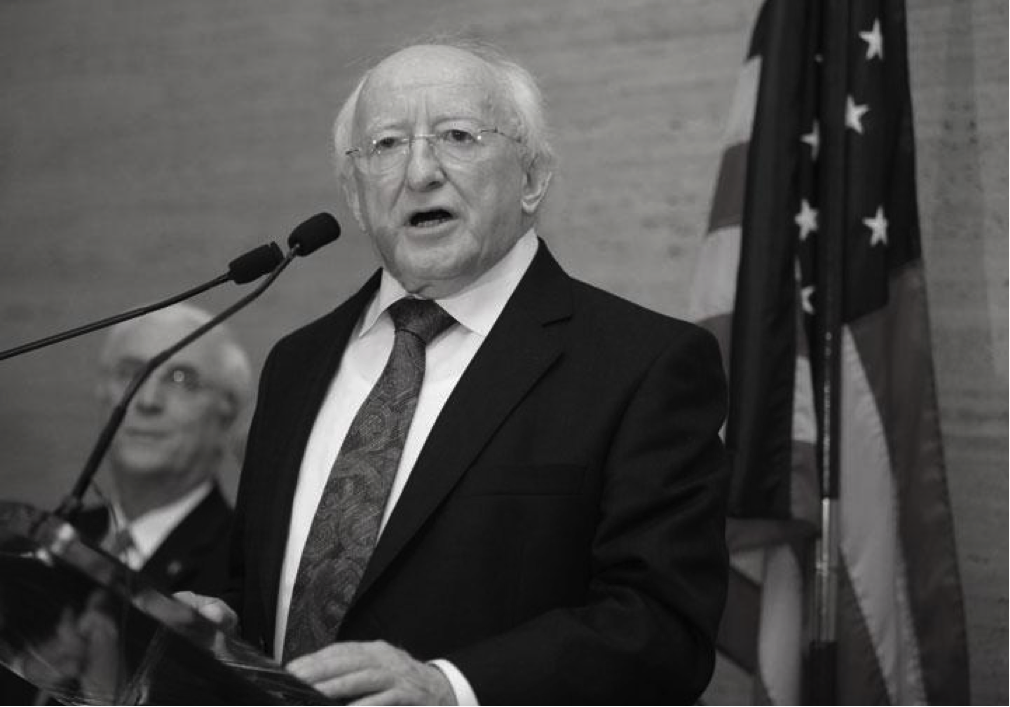
After Savita Halappanavar died from septicemia in her 17th week of pregnancy in an Ireland hospital in October, there was public outcry over the State’s abortion laws which are shaped by the edicts of the Irish Catholic Church. In 2012, about 4,000 Irish women went to British hospitals and clinics to obtain abortions that are illegal in Ireland, 124 of those women were under 18.
On Tuesday, after four hours of talks with a specially-convened meeting of the Council of State, Ireland’s president, Michael Higgins, signed the Protection of Life During Pregnancy law, allowing abortions when there is a threat of suicide or when the mother’s life is at risk. The law does not provide abortion concessions for women who are pregnant as a result of rape or incest.
Irish deputy Prime Minister Eamon Gilmore said the decision was a key milestone in Irish law while the Pro Life Campaign said it was "a very sad day for our country".
Despite the Catholic Church remaining steadfast in their position that abortion should not be allowed under any circumstance, Higgins framed his approval for the law as a women’s rights issue. Lawmakers and the general public showed strong support for the amendment indicating a shift in beliefs within Ireland where there is growing support for creating greater distance between the church and the state.
Higgins did not present the bill to the Supreme Court to determine constitutionality but due to its controversial nature, it is expected to be challenged before the Supreme Court. The current law against abortion is in Ireland’s Constitution and traces back to a British law from 1867.
